Design studios do ________________.
(The rest is up to you)
Intro to Design Studios

What is a Design Studio?
Creative. Collective. Inspiring.
The design studio activates "human" expertise to generate beautiful questions. “How Might We…” questions inspiring enough that participants who frame them are excited to try it out in real life.
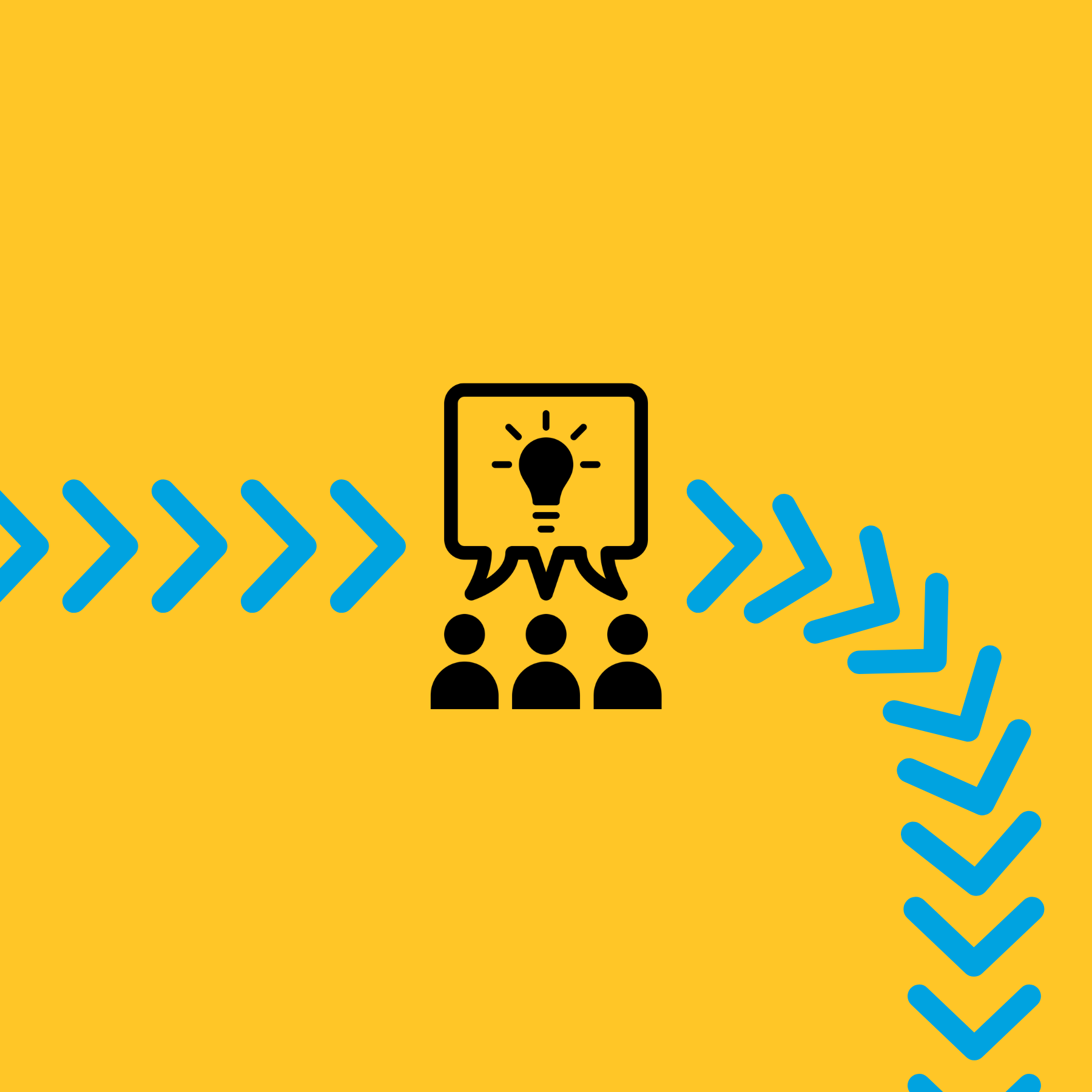
Who is a Design Studio for?
Hosts. Facilitators. Humans.
The host is the subject area expert who helps craft the experience and synthesize insights. Facilitators help all participants—humans—engage fully in this co-creation exercise.
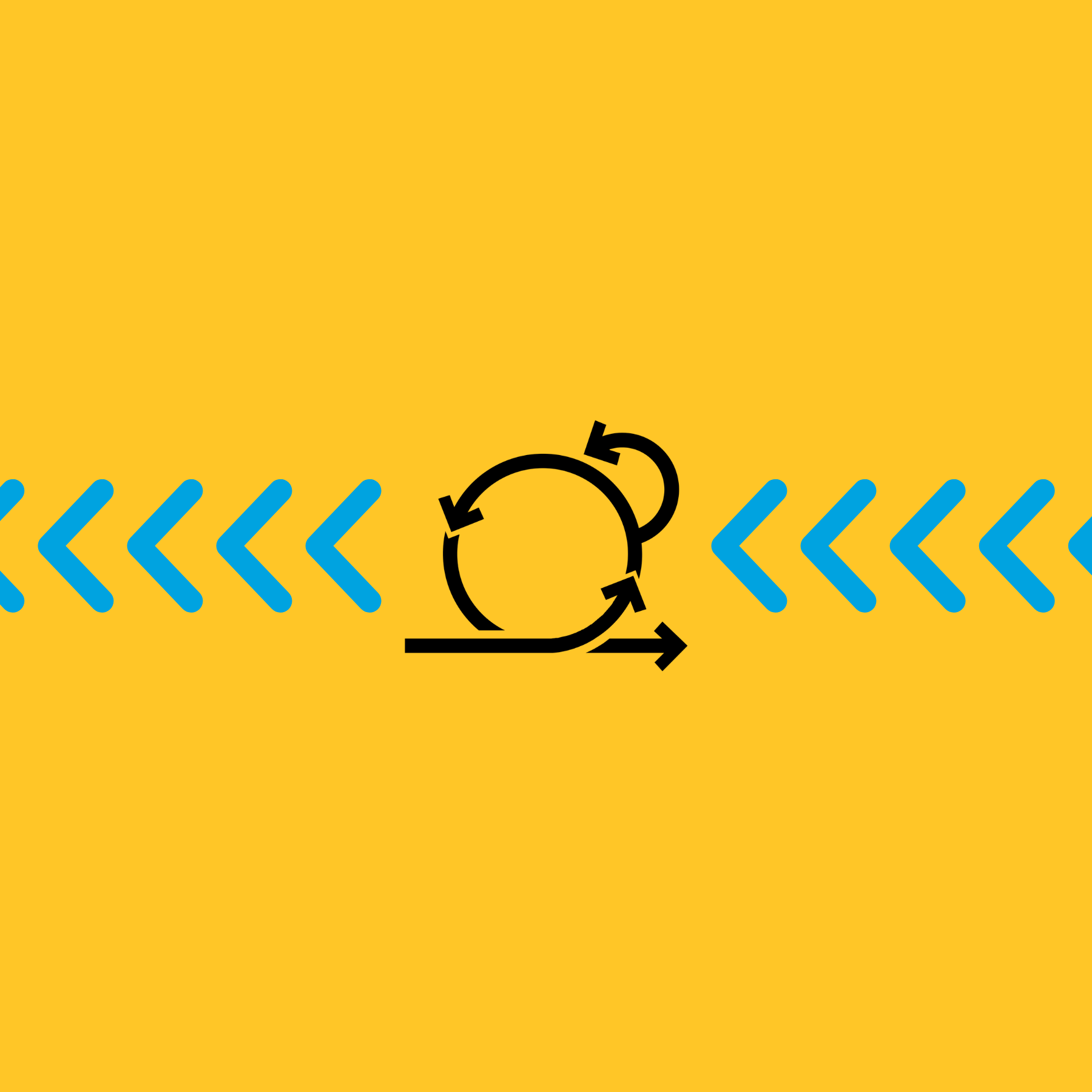
How does it work?
Diverge. Converge. Activate.
Design studios activate "multimodal thinking." It's like breathing but for the imagination: inhale, exhale, repeat. Diverge, converge, activate.
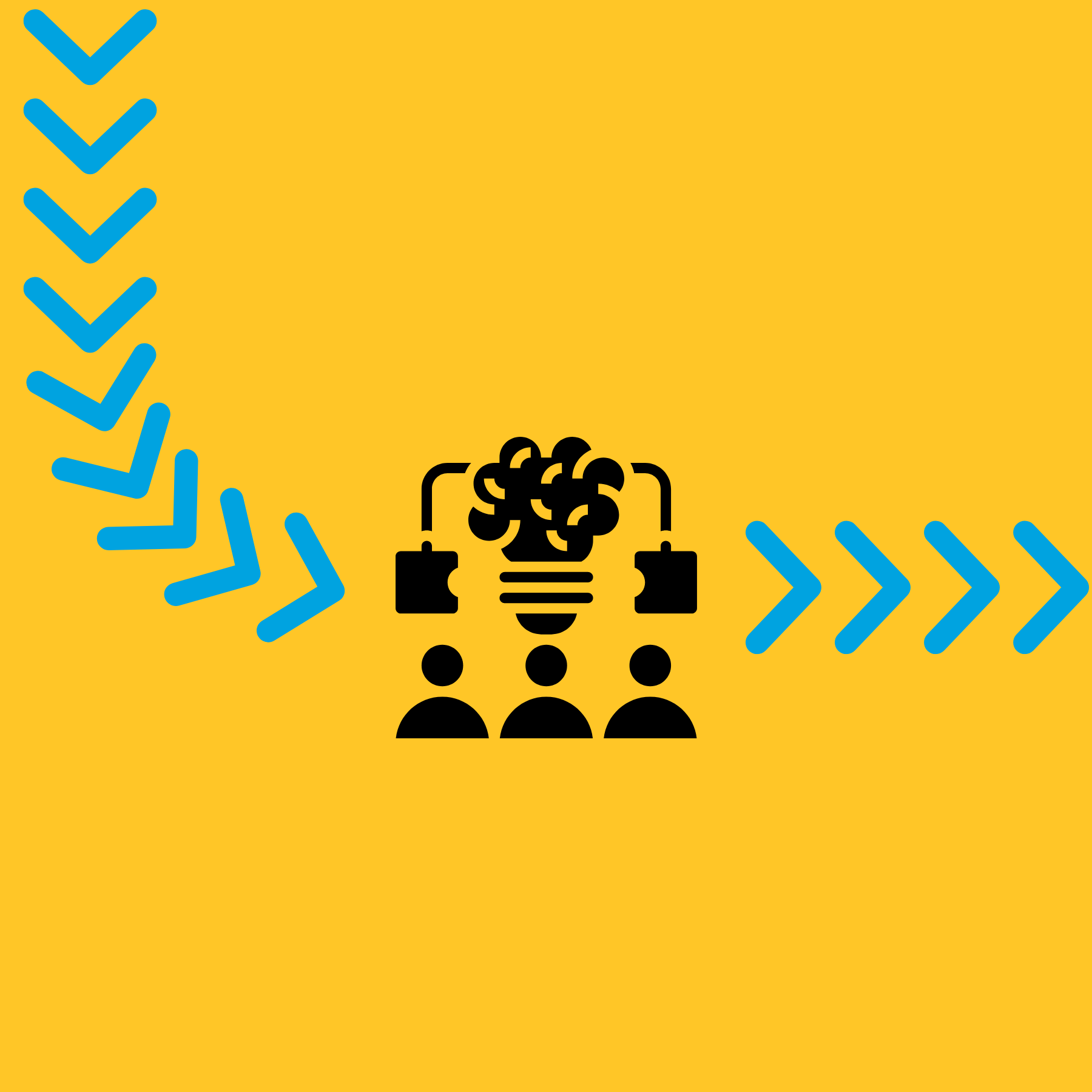
Why a Lincoln Center Design Studio?
Co-creative. Participatory. Action-oriented.
Our design studios are based on the principles of Co-Design and Participatory Action Research. Insights generated through one studio provides inputs for the next in a co-creative, generative, participatory model.
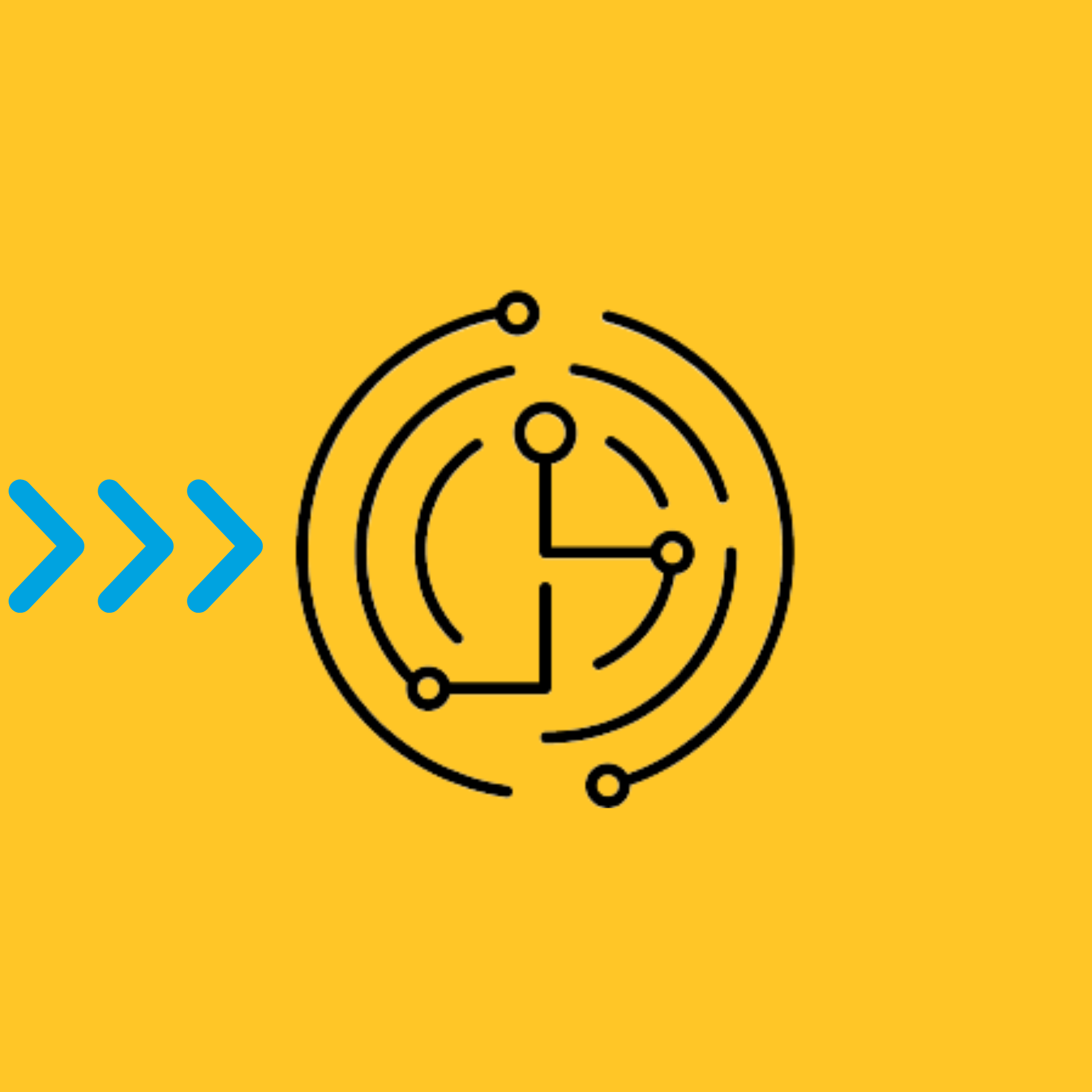
Our Method
Diverge
Independent. Aspirational. "Mess making."
Divergent thinking turns on the "faucet" of the mind. Be imaginative. Act without constraints, as if anything is possible. Seek quantity and exhaust all possibilities. Turn off judgment. Be generative and combinatorial. Build on each other's ideas. Wild and crazy are welcome!
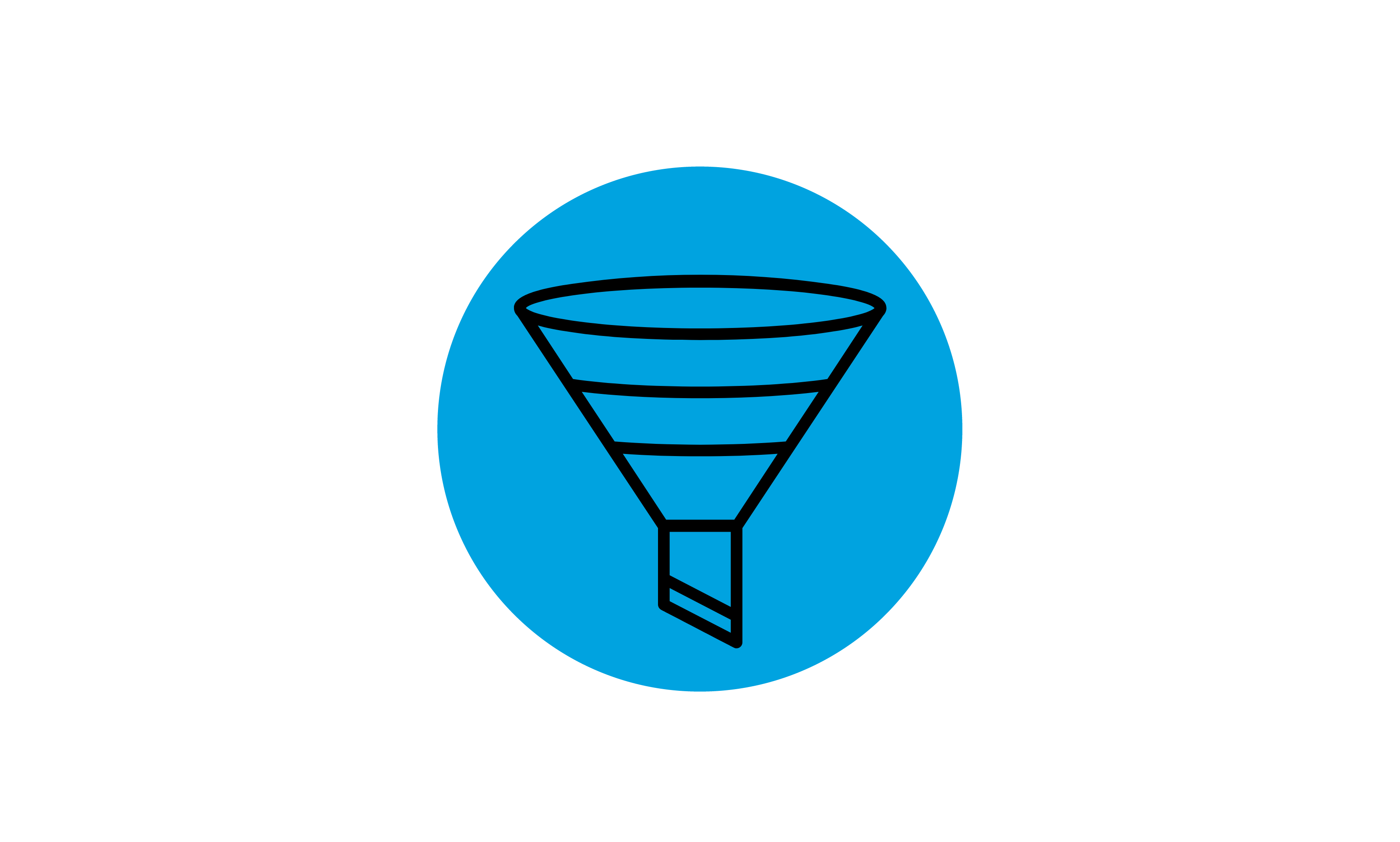
Converge
Collective. Grounded. "Meaning making."
Convergent thinking uses the "funnel" of the mind. Be analytical. Sort, cluster, and organize. Searching for themes, patterns, and essence. Seek quality in the representation of ideas. Less about "voting for one" and more about "describing the sum."
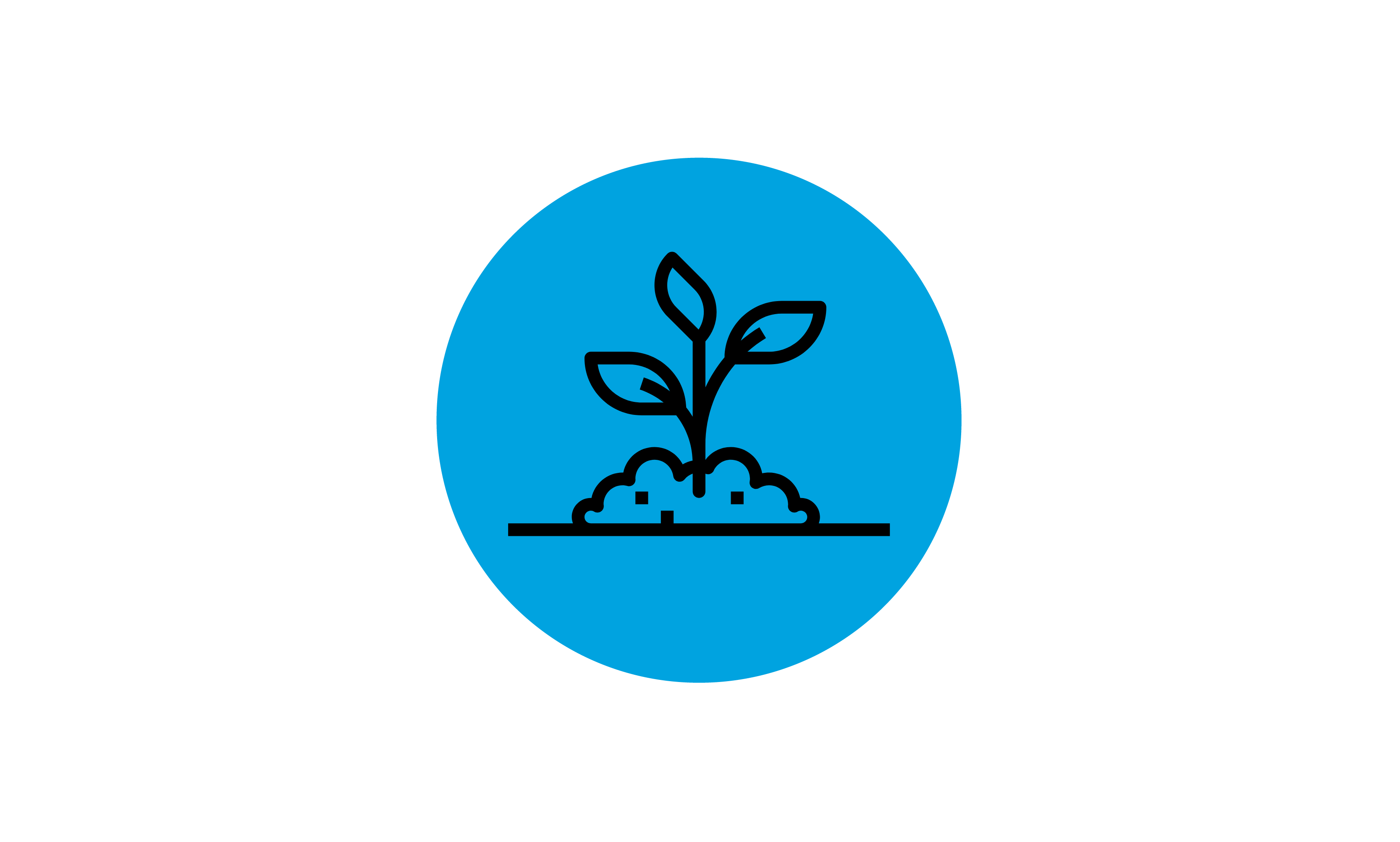
Activate
Synthesize. Integrate. Move forward.
Activation is where insight moves from conceptual to personal, from theoretical to tangible, from vague to specific and intimate. The goal is to create beautiful questions, inspiring enough to motivate us to integrate them into their own lives.
Good Play Guidelines



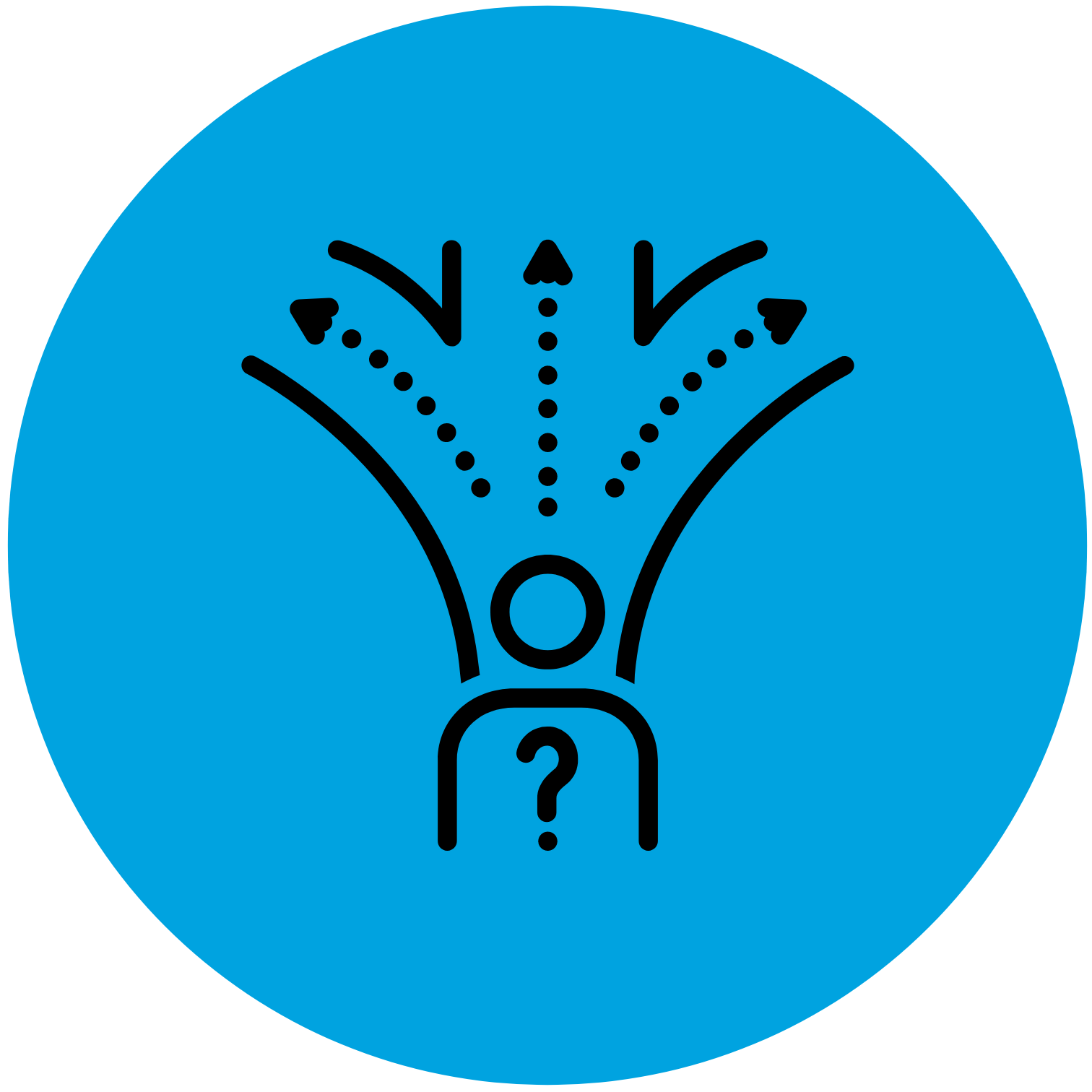
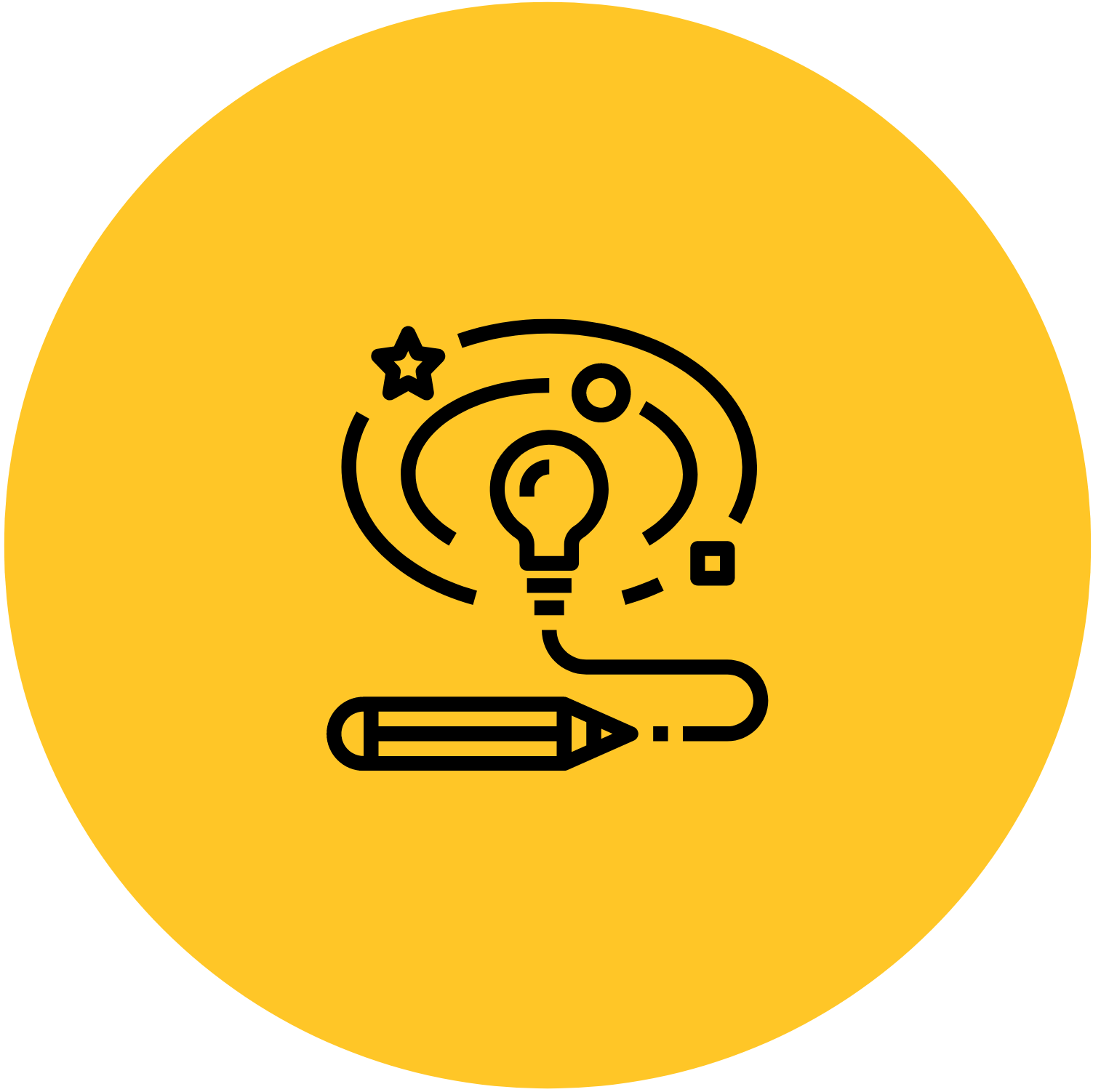

Raise all voices
Be real
Listen Deeply
Embrace Uncertainty
Play!
Exercise Imagination
The Humane Tech Series
We found how to work from home, together.
The Lincoln Center team created Humane Tech Design Studios; events that bring together academics, technologists and changemakers to collaborate on the problems brought on by new technologies and intensified by the COVID-19 pandemic, such as screen addiction, Zoom exhaustion, misinformation and lost intimacy. The events create space for participants to reflect, imagine and co-create steps forward to attain the best lives we can.
Host Jen Clifton, Project Coordinator of Research at ASU Center for the Study of Religion and Conflict, co-lead the first iteration of our Humane Tech Design Studios with our Lincoln Center team back in 2020.
Our first studio on Home lead participants to share about how their relationships to home had changed due to the pandemic; sharing stories and empathy with one another.
Katina Michael, director of the Society Policy Engineering Collective at Arizona State University, hosted a round of design studios on the “Future of Work at the Human-Technology Frontier” on Feb. 25 and March 18, 2021.
Participants cataloged how increased reliance on technology during the pandemic altered their and others’ experiences of work — and how we as a society may change if we continue in this direction of unchecked technological integration and reliance.
The third round of humane tech design studios, titled “Misfits: (Dis)Ability, Bodies, and Work,” was hosted by Rosemarie Garland-Thomson, professor emeritus of English and bioethics at Emory University, on April 8 and April 22, 2021.
She focused on storytelling and creating space for participants to explore how their bodies have reacted to the physical and emotional demands of work-life during the pandemic. When it came to sharing how their bodies felt working from home, many participants expressed physical discomfort, such as back and neck pain.
These design studios were hosted by Purdom Linblad, Assistant Director of Innovation and Learning at the Maryland Institute for Technology in the Humanities.
In this design studio, the host set the stage for story telling participants were asked "What do you not want to forget about the previous design studios, in the context of ‘reparative archives’?" Participants were then asked to share stories from the past year of experiences from the pandemic they did not want to forget and wanted to remember and learn from.
Irasema Coronado, director and professor of the School of Transborder Studies at Arizona State University, hosted the most recent design studio on Mending. As we began to imagine what our reparative archive and its toolkit might look like, we decided to pause and “question the question”—in short, instead of designing a mending kit, we first needed to consider: “What does it mean to mend?”
Lincoln Center Affiliate Tamara Christensen, founder of the Idea Farm Co-op and author of F-ing Innovation: Why innovation is hard and what to do about it, hosted a design studio in September of 2022, titled "All That We Share".
Participants reflected on their own self-reported data to identify groups with shared experiences, discuss unmet wants and needs and determine ways in which we might address these desires in a positive, imaginative framework.
2022 Design Studio Workshop Retreat
The Lincoln Center for Applied Ethics held its first in-person Humane Tech Design Studio on November 19 and 20, 2022. Studio participants in the workshop collaborated through a series of movements to design experiences based around the Humane Tech Card Deck, which was released by the Lincoln Center earlier in 2022, and presented their designs to a group of test users.
Other Design Studio Series

ASU College of Health Solutions
Sun Devil Day
Maryvale High School
Future of Work
Interested in our Design Studio model? We'd love to connect.
